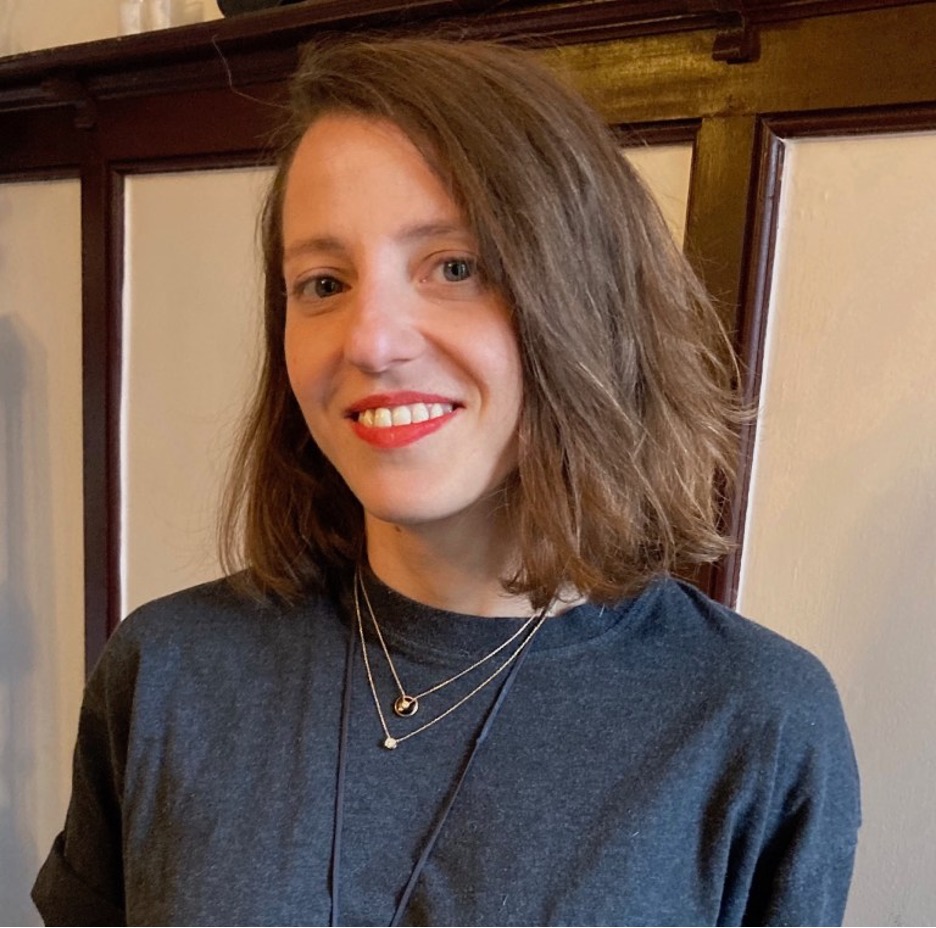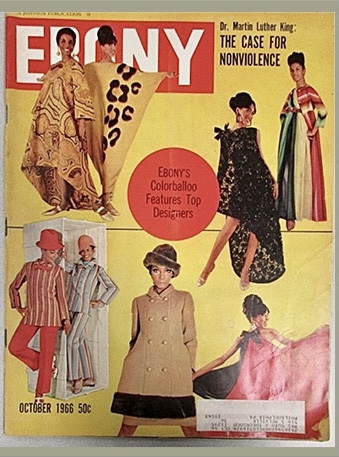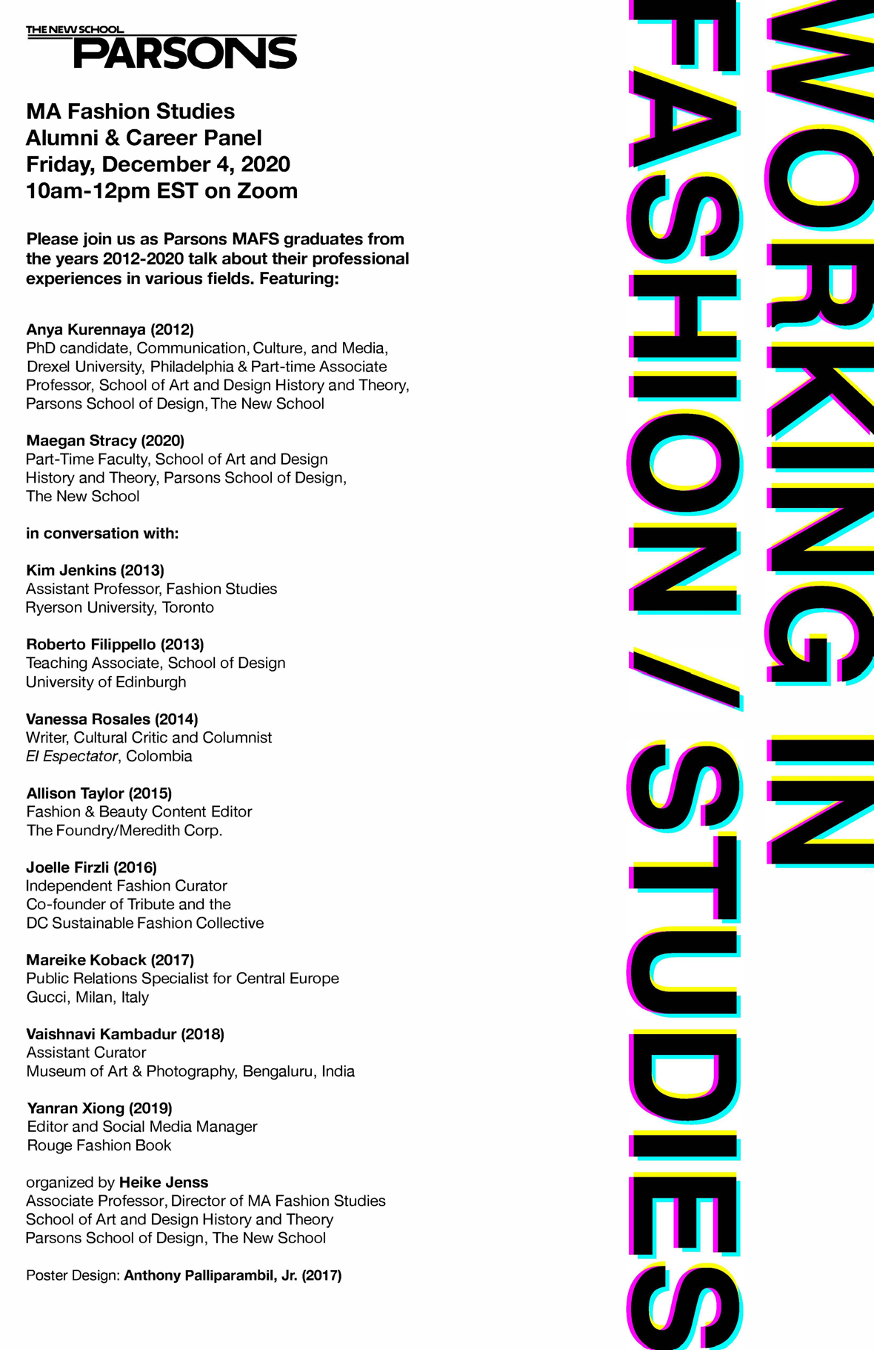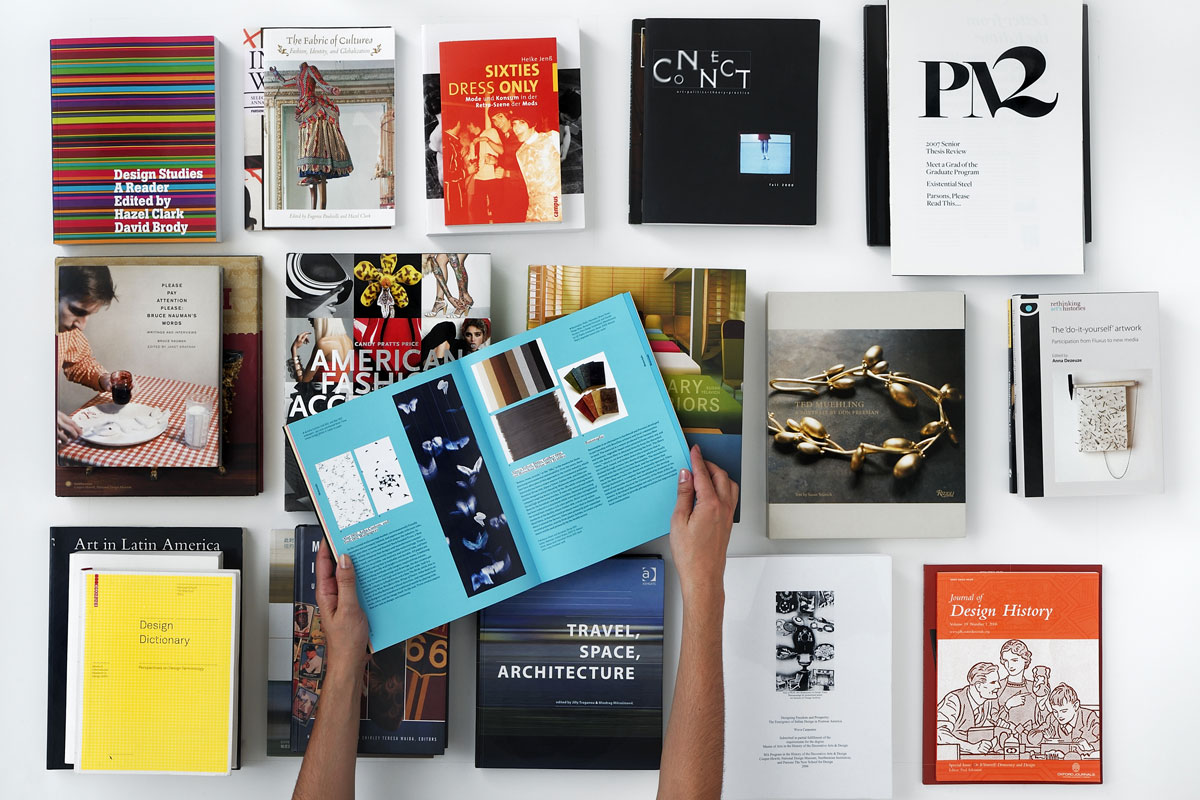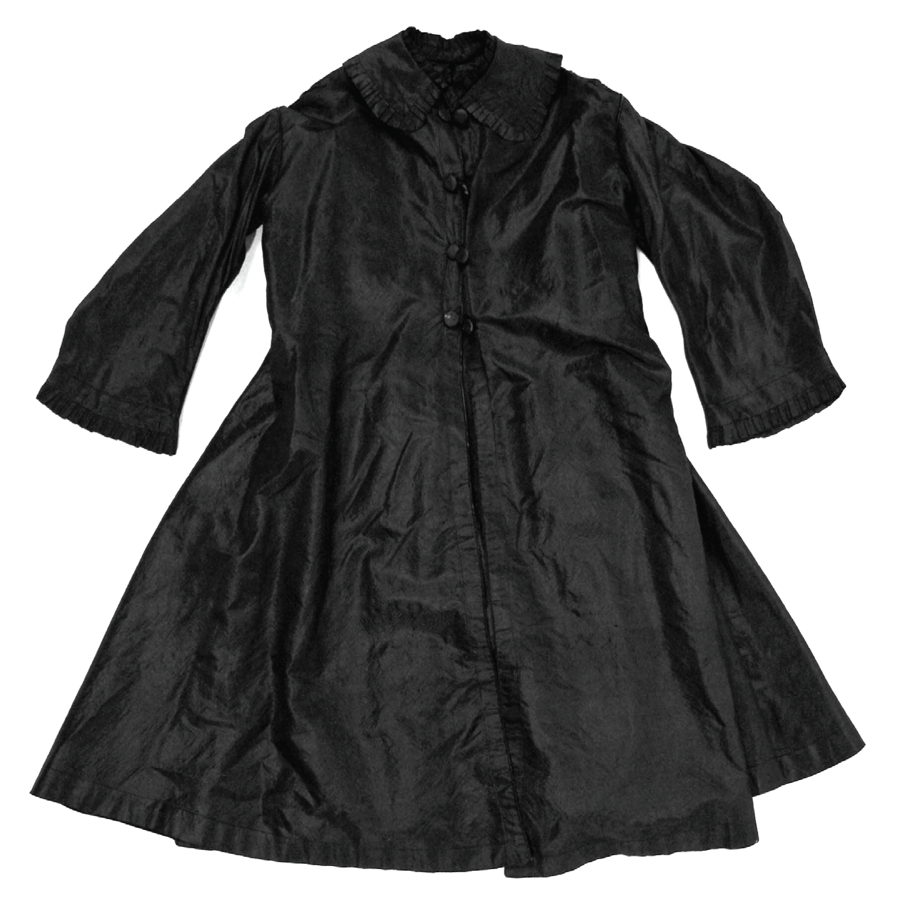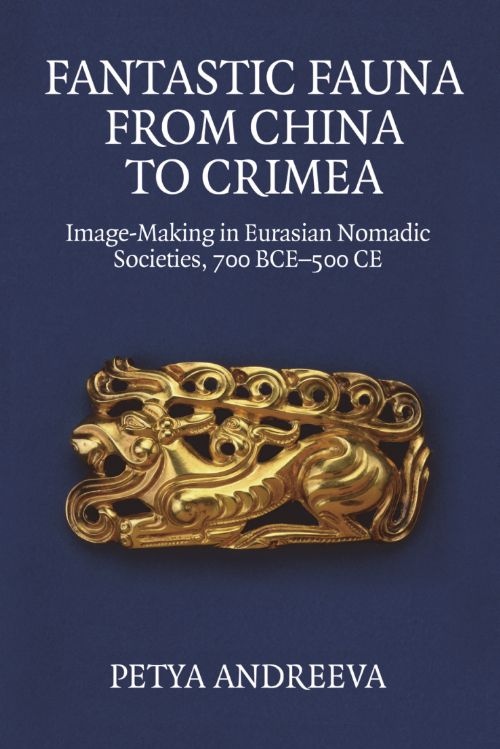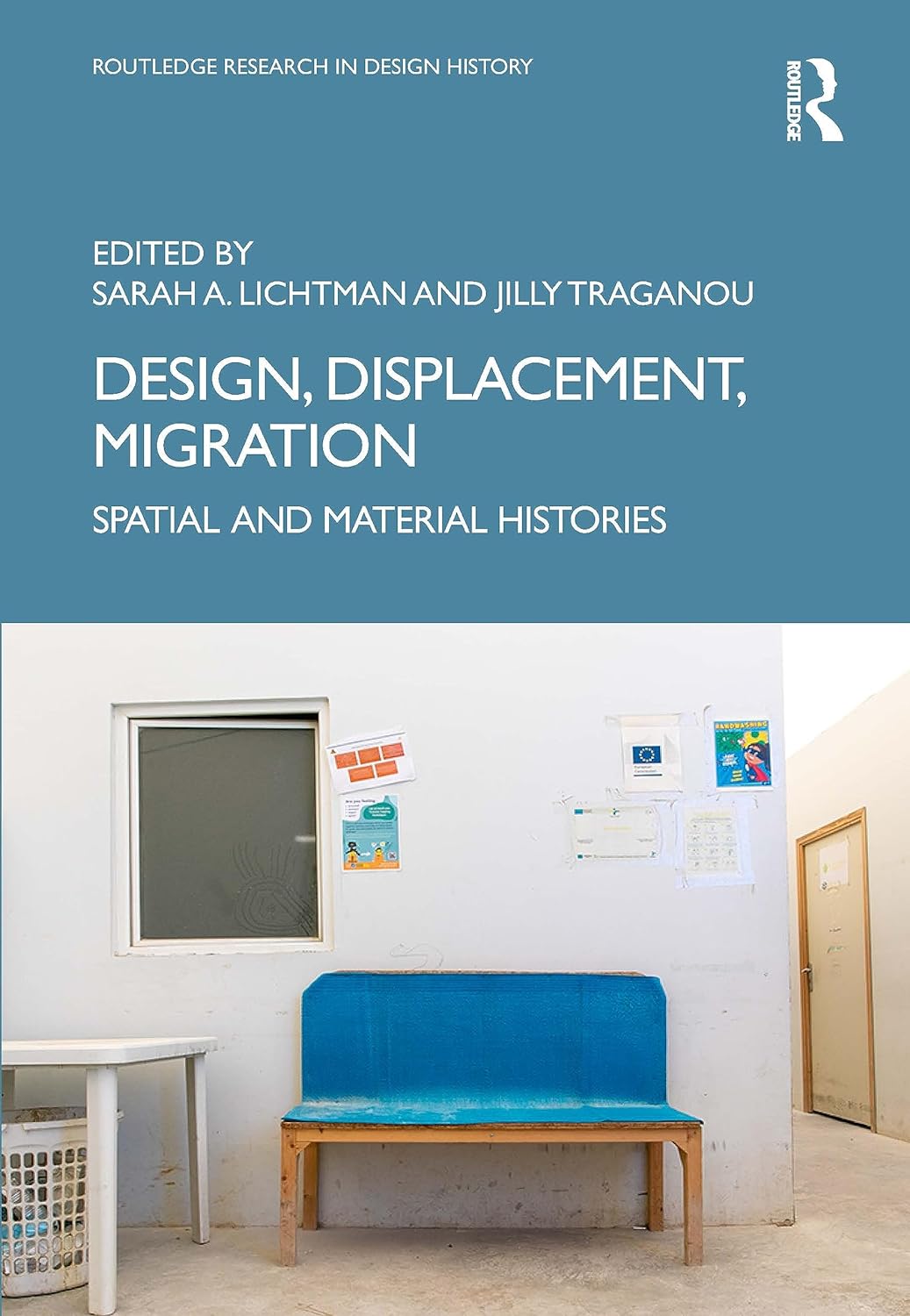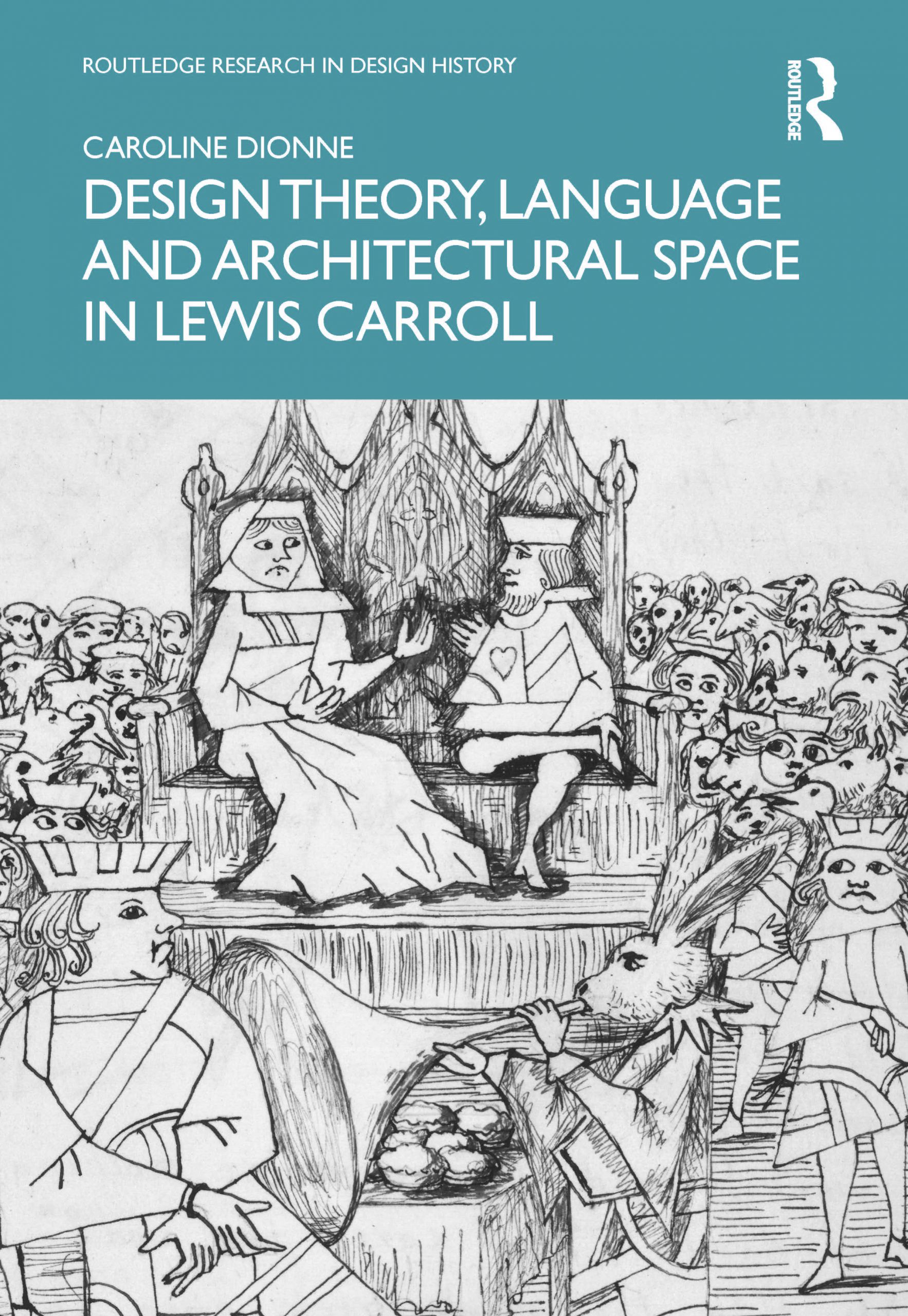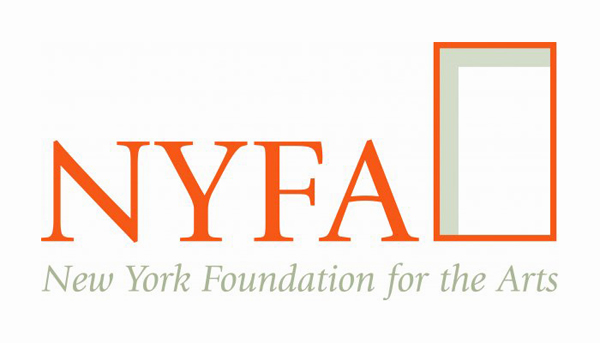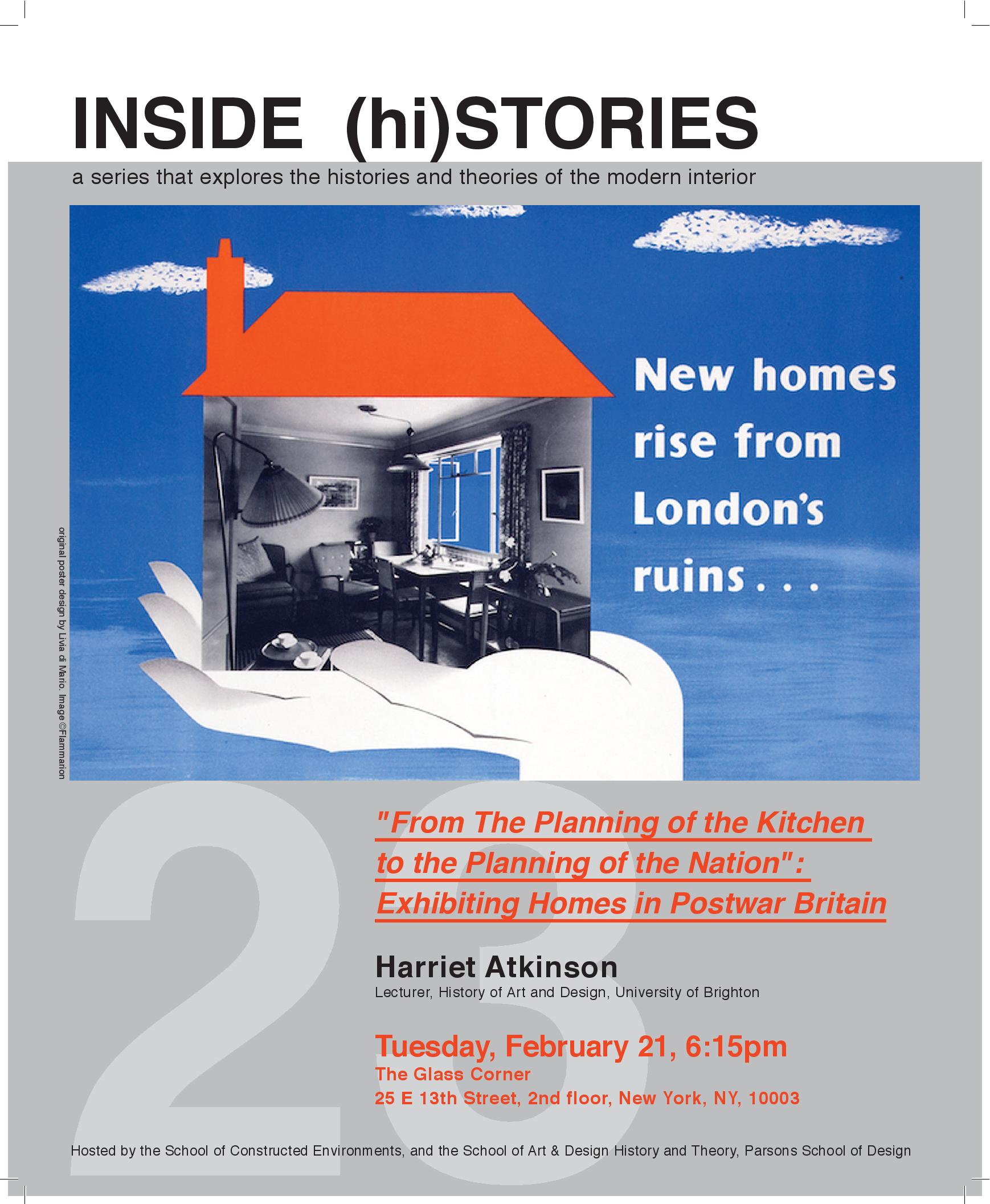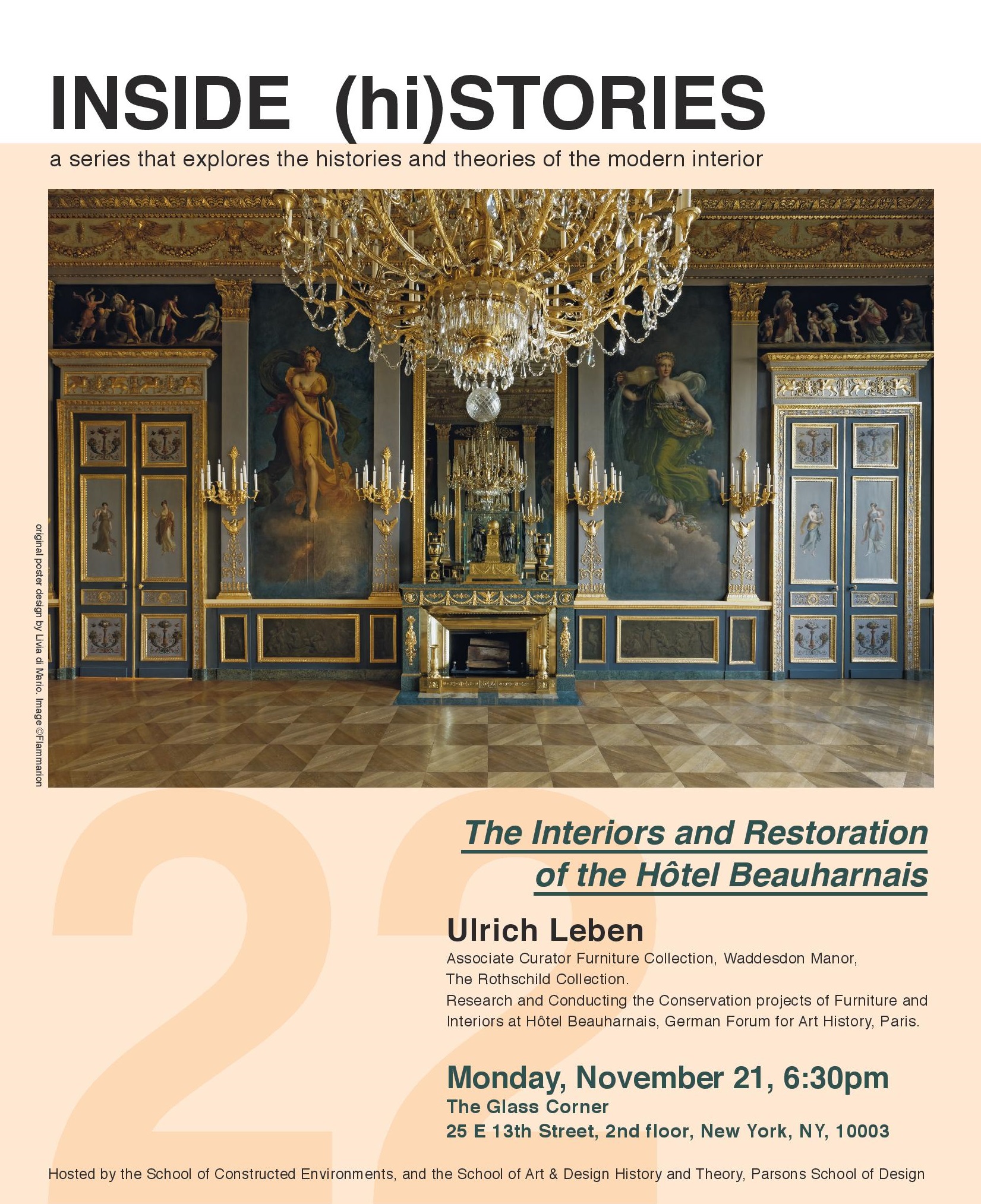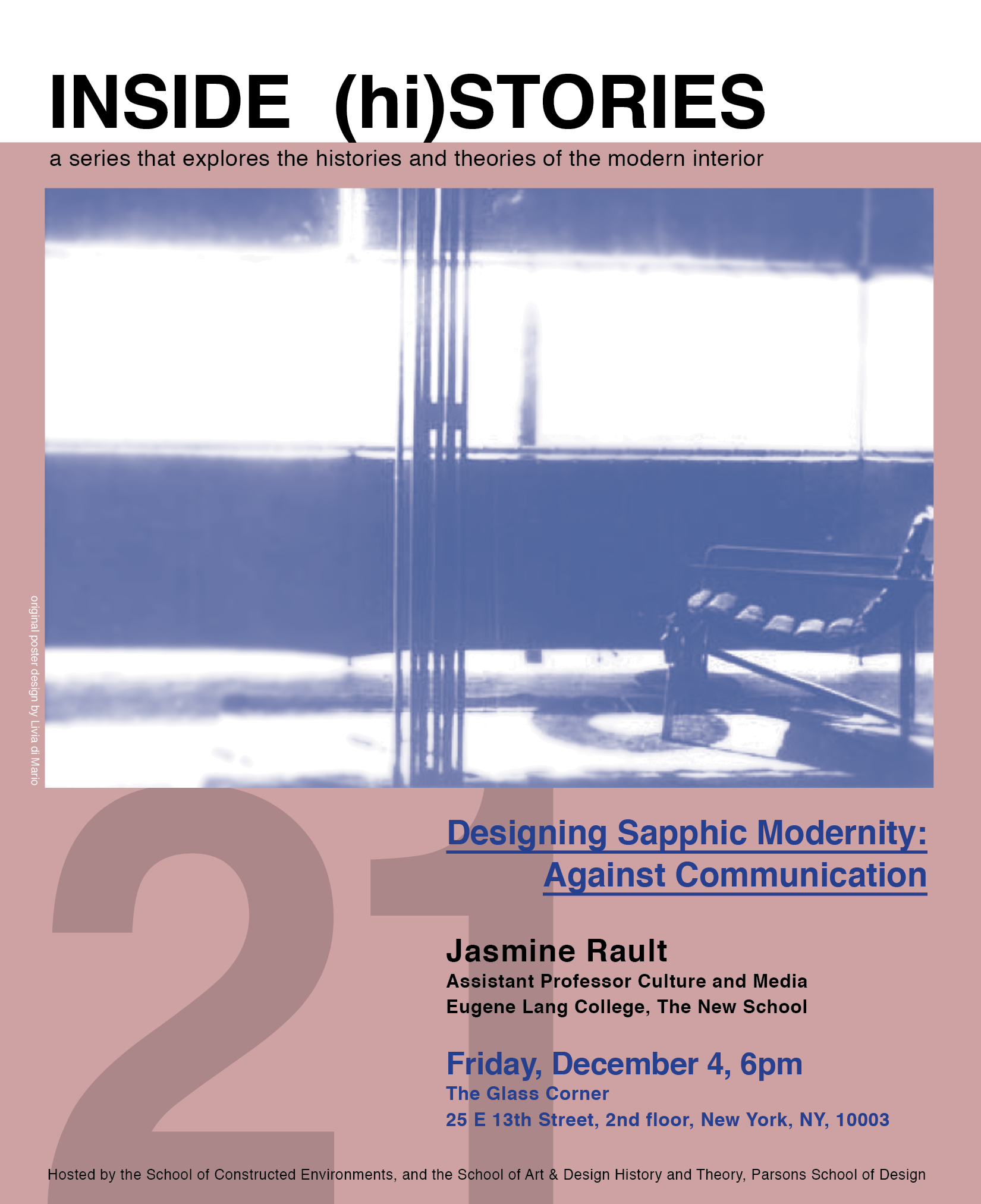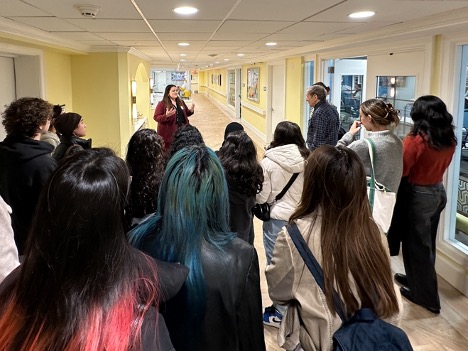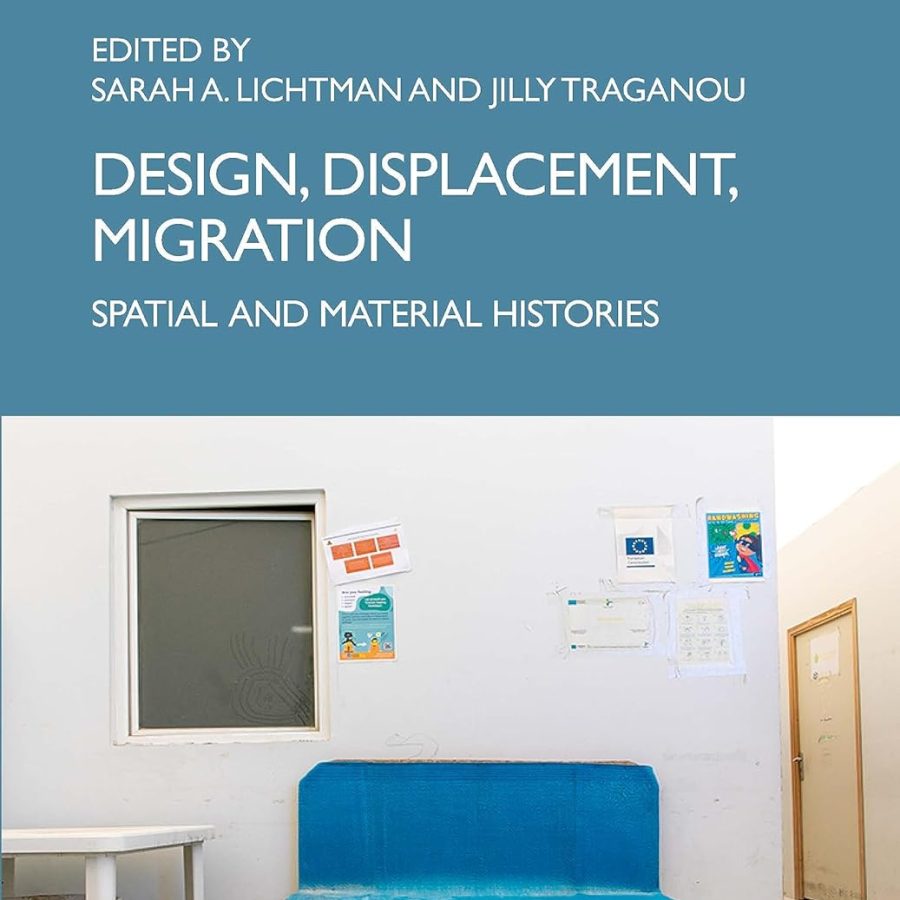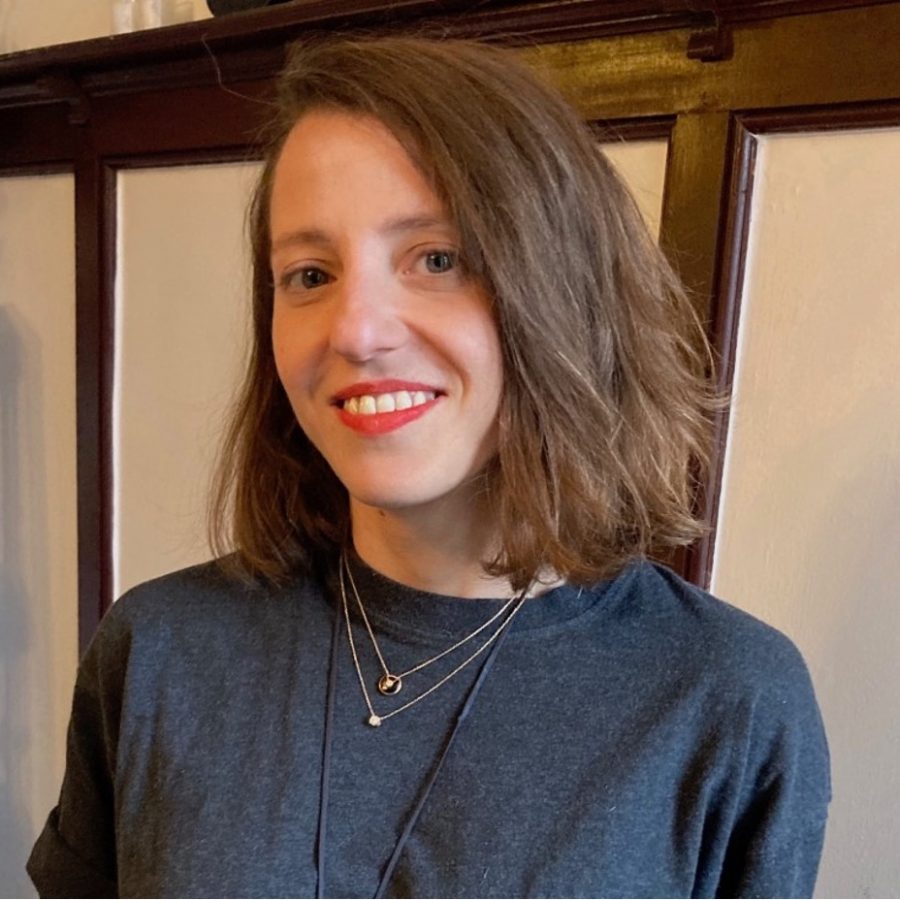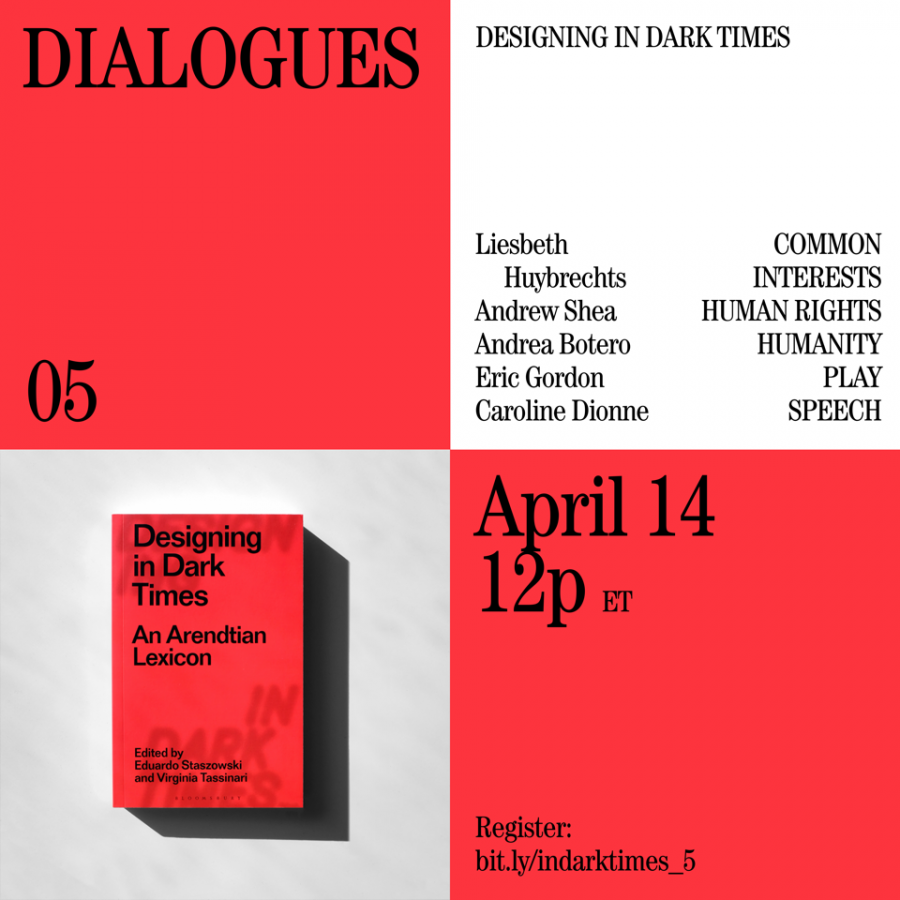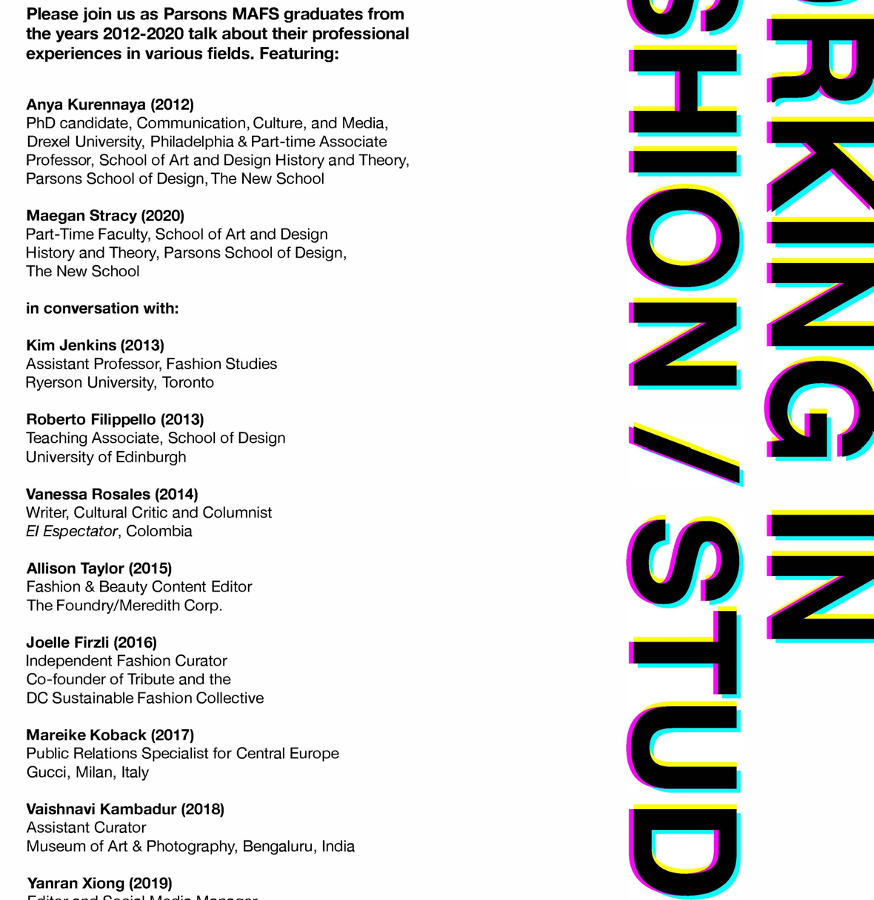By Jeniffer Varela Rodríguez
Diversity is the name of the game when it comes to Fashion Studies at Parsons. Students from different parts of the globe and different backgrounds have access to elective classes to nurture the path they are taking with their careers. Among the options for students is the graduate seminar on Fashion Criticism, taught by Francesca Granata. This provides a space to learn the world of being a fashion critic, from a very professional point of view.
In the current scenario, where everyone is able to express an opinion through many platforms and where it’s not necessary to have a degree or experience in order to participate in the fashion industry, the position and expertise of the critic becomes extremely important. It is a responsibility that media and fashion critics owe to their audiences and to the work of many people on both sides of the industry: the ones who want their job to be reflected in the experts’ opinion and the ones who want to receive information from an informed, expert source.
If this class allowed students to learn different techniques and perspectives about the work that critics develop, it also had an important testimonial component, with a remarkable group of writers from different magazines and newspapers, who provided valuable insights about what it is like to work as fashion critic and the challenges this job presents.
We had the opportunity to interact with important authors such as professor Ulrich Lehmann, Lynn Yaeger, Contributing Editor at vogue.com and Vanessa Friedman , Chief Fashion Critic at The New York Times. All participated in interesting conversations about their methods, the way they approach their jobs and, of course, how they have adapted to the new technologies.
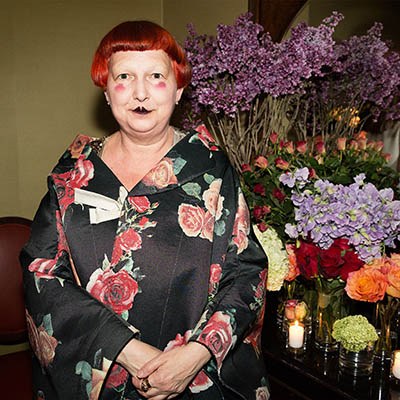
Lynn Yaeger courtesy of Vogue.com
For Yaeger, it has been easy to adapt to the flow of a digital magazine. However, she realizes that fashion is not an easy industry to get into and that you have to stick to what you like to write about. For Yaeger, who started out as a political fashion writer at The Village Voice, it was a little difficult to move around fashion weeks and get used to the ambiance in general. “I remember my first fashion week,” she said during the class, a big smile on her face. “I didn’t get invited to any of the shows and I called my mom crying and complaining about it.”
However, she made pretty clear that she doesn’t get caught up in the intricate details of the industry. “It’s very easy for me to write, and I do take my writing seriously. But I also think you have to be able to laugh at some stuff you see here,” she said, explaining that her “fashion month” consists of reviewing shows from New York Fashion Week and London, and also going to Paris, always leaving a space for what’s beyond the runway . “I always like to leave a day in Paris to see what’s out there.” Yaeger’s writing is mostly opinion articles (“Should Hollywood Consider This Alternative to the All-Black #MeToo Dress Code?” or “Melania Trump’s Hurricane Stilettos, and the White House’s Continual Failure to Understand Optics”) and shopping recommendations (of course she’s going to give you advice on a fur coat for the winter). But one thing she’s clear about is writing about other’s styles. “I don’t think I ever have to write about what others wear. I don’t like it, it’s not my problem,” she said emphatically on the question of what a critic should look for and in her opinion, is not about criticizing others just for the sake of it.
On that exact point, Yaeger agrees with colleague Vanessa Friedman, who was also invited for a conversation with the students. “A lot of what I write about is what interests me about fashion,” Friedman told our class. “Not designers nor colors, talk about the new things. For her, the fashion industry should concentrate on what’s going on inside, and also in the new ideas, which are very rare these days. “I get a lot of pitch ideas every day,” she said. “But they all want to talk about Raf Simmons, and I don’t know what’s new about that!”
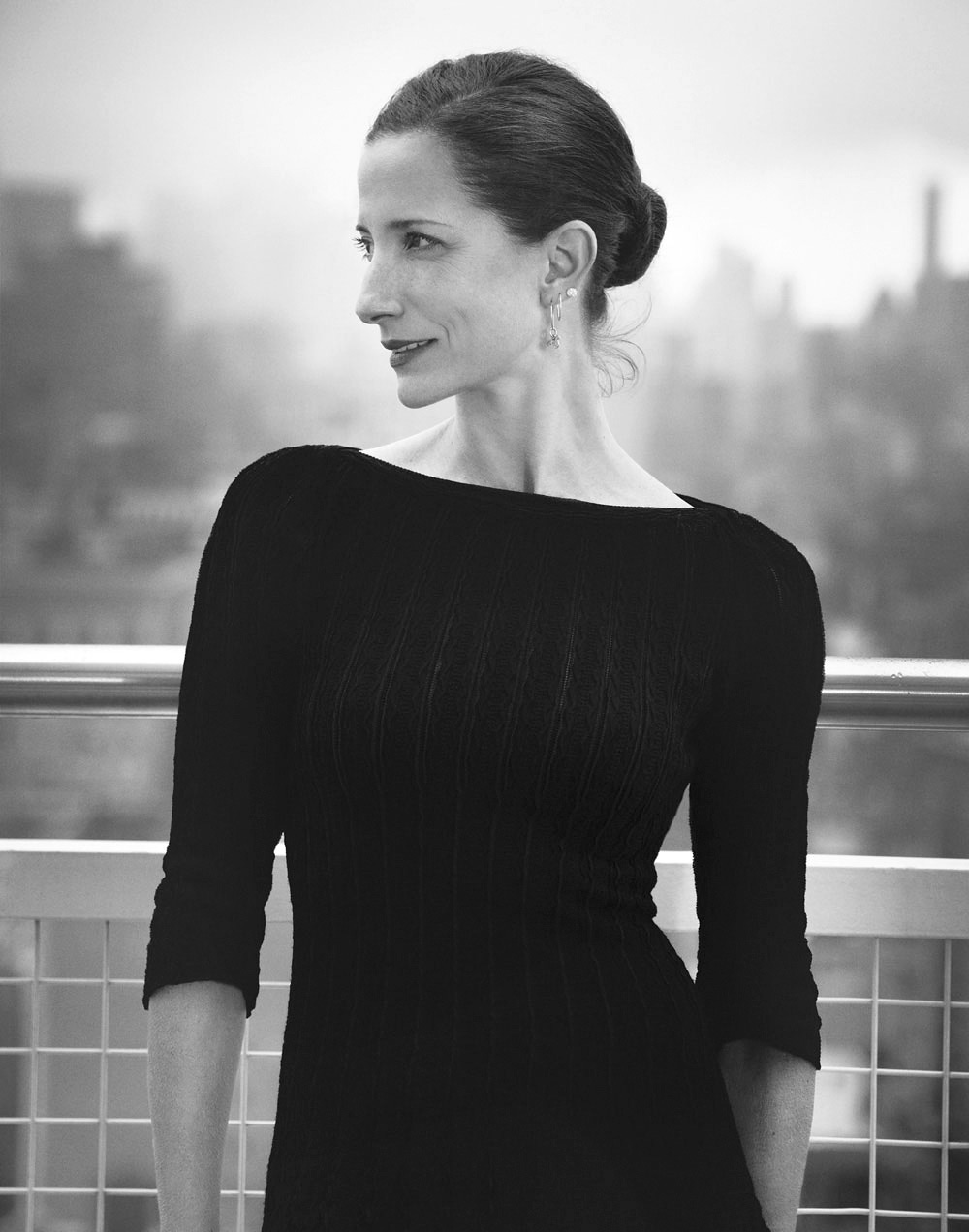
Vanessa Friedman courtesy of The New York Times.
Being at The New York Times, Friedman feels like she has a special responsibility in speaking to readers who are not especially interested in fashion. “Part of the work of a magazine is helping the industry as a platform,” she said. “That’s why I enjoy working for newspapers, because I don’t have to feel tied to certain interests. I don’t see fashion as art. I see it as a functional art, in the same way that you can see furniture, for example. Clothes have a purpose.”
One of the most interesting parts of the conversation with Friedman was regarding new technologies and the way these have been reflected in fashion. For starters, she admitted it is a lot of work to have to review so many shows during fashion weeks, because the online news cycle requires reviews to be posted immediately after the show. “I don’t tweet during the shows,” she said, “because I don’t like seeing the clothes on my screen, and because I think it’s disrespectful. I prefer to take some pictures and post them after the show is over.”
She had much to say about the new digital force that has taken over the shows and the industry in general. “We need to come up with a new word to describe bloggers, because they’re not bloggers anymore. Now they’re brands and a lot of other stuff. But overall I like the fact that now we have more opinions. It’s very interesting to be able to see and listen to what people are thinking.”
Jeniffer Varela Rodríguez is a Colombian fashion and lifestyle journalist, who’s written for magazines such as HELLO! and ¡HOLA! Colombia, as well as brands like Steve Madden and Superga. She’s currently a first-year student of the MA Fashion Studies, at Parsons.
